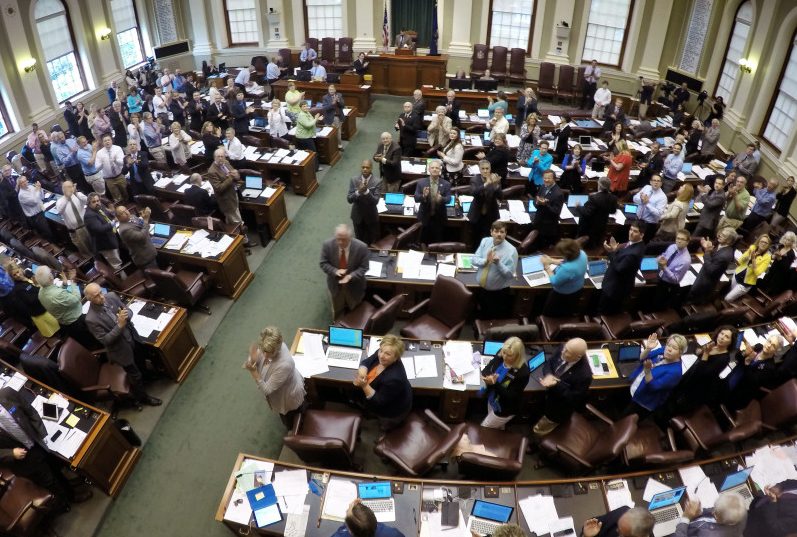Workforce development is the most important economic issue in Maine. We are in the midst of a workforce crisis that cannot be ignored. Employers across the economy face a growing shortage of skilled workers needed to sustain their businesses. If we do not work together to address this need, we can expect dire consequences for our economy and for our communities.
A diverse coalition of more than 30 leading business, education and nonprofit organizations is taking action with an initiative called MaineSpark. The coalition’s goal is to make sure that by 2025, 60 percent of Maine’s workforce — compared to 43 percent today — has a skilled trade credential, professional certificate, or a college degree that connects them to a good job and career here in Maine.
As we enter an election year it is important to note that the leadership of Maine’s next governor would give this important effort a huge boost. We ask that gubernatorial candidates embrace this workforce goal, as the Maine Legislature did by adopting it into law. MaineSpark leaders stand ready to work with the next administration to tackle our most pressing challenge together, aligning our education and training resources from early childhood through adulthood to sustain a strong Maine economy. Several strategies rise to the top.
• High-quality early childhood education must become the norm for all Maine kids. There are few economic arguments stronger than the effectiveness of investing in our youngest. Investing early addresses many of the issues we find ourselves mitigating throughout a person’s life at great cost. Despite this knowledge, only 40 percent of Maine’s 4-year-olds are enrolled in a public pre-K program, and we continue to roll back health and developmental supports for families that make all the difference in the trajectory of a young person’s life.
• All Maine students must leave high school ready for college and career. As a state, we need to deliver on this guarantee. Even though 87 percent of Maine’s high school students graduate, only half are academically prepared to continue their education, and many don’t have the skills needed for work.
• Maine must close the achievement gap for low-income students. On average, 50 percent of students in Maine qualify for free and reduced price lunch. They don’t enjoy the same success in school as their higher income peers, they are less likely to graduate, and they have a hard time finding stable and sustaining employment.
• More Maine students must pursue skilled trade pathways. Of 179,000 students in the public school system, only 8,000 are enrolled in a career and technical education (CTE) program of study. The Maine Department of Education has set a goal of doubling that number in the next few years. This is sorely needed, as an increasing number of employers across all sectors identify skilled trade needs they cannot fill.
• College needs to be affordable and accessible. This will be a must as many of the highest-paying and fastest-growing professions in Maine will require a college degree. Maine students pay a greater share of their income to attend college than their New England peers. Many leave carrying a considerable debt load. Maine’s public higher education system has done an admirable job keeping tuition flat but that is not sustainable. Longer-term solutions are needed.
• Adult learners must become a priority population. There are approximately 200,000 adults in the workforce with some postsecondary education. Completing their education and training would help them advance in their careers, or begin a new career with greater opportunity.
• Attracting a diverse group of people to Maine must transition from a popular talking point to an actual strategy. We need more people who want to work in Maine and we should make every effort to help with their transition and embrace the world’s population. This deserves our full attention and an investment that matches its importance.
Workforce development is not a partisan issue, but an issue of economic and community survival. Maine’s next governor has the opportunity to lead the way and change the lives of every Maine person for the better. There is much to be done and this will not happen overnight. Working together, we can reach the MaineSpark goal of 60 percent by 2025.
Ed Cervone is executive director of Educate Maine, a MaineSpark partner.
Send questions/comments to the editors.



Comments are no longer available on this story